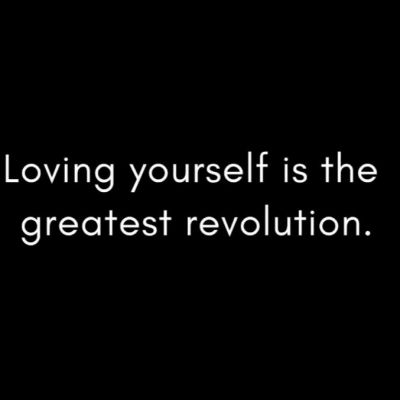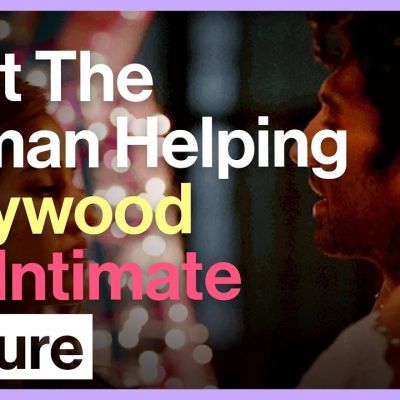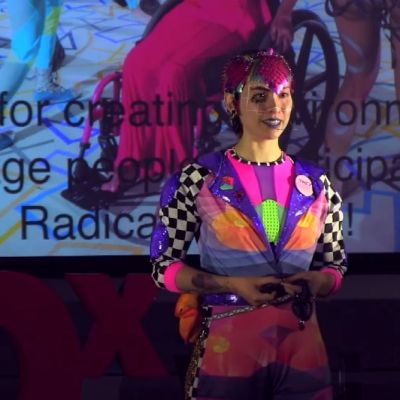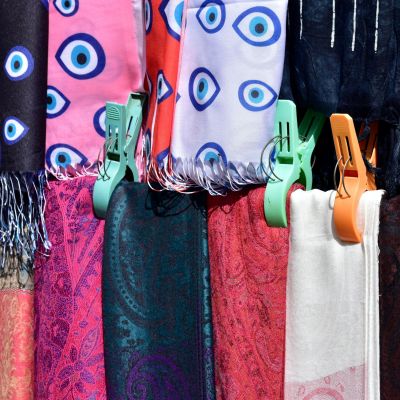expression
क्वीयरनेस एक स्वतंत्र पहचान है जो छोटे बच्चों सहित किसी को भी स्वीकार करती है, जो निर्धारित बाइनरी के पथ से अलग चलते हैं।
To be a gentle / friendship breaker for S. To be // a candle-lit confetti apology for S.
Khusro to Bullah. Ada to Parveen
यह, वह, वो
He, she, they
Lover or Beloved? Woman or Man?
The bathroom stall becomes a sanctuary, a stage, a confession booth.
For transgender persons the body is a very critical juncture where a lot of trans politics happens, given the fact that a lot of our identities in terms of gender do not match how we see our bodies.
Just this month, Godrej DEI Lab has launched a video, Pride @Godrej to celebrate Pride as a year-round commitment to…
Aastha Khanna is India’s first intimacy coordinator who is making sure that a film’s vision is realised without flouting anyone’s boundaries, or leading to general awkwardness on set, especially when it comes to intimate scenes.
They use sports, technology, arts, and media to express themselves and to build the confidence to exercise choice and negotiate decisions about their bodies, health and life.
What if we refused to assimilate? What if we collectively decided to dress in a way that made it so society could not render us invisible?
‘Is the future so dark?’ you might ask. I am here to tell you that it is not. As you begin your exploration into the world of queer theory and feminist theory, you will learn that the straightjacket version of sexuality cooked by our families was undercooked.
This article explores how women are constructed as a ‘space’ manufactured by men to seek comfort, but void of having any active agency or participation in that space itself. I seek to bring this out in this article by drawing a parallel between the nineteenth century ‘Bharat Mata’ (Mother India) and the depiction of the twenty-first century ‘heroine’ in Bollywood movies.
While women’s colleges are certainly a step ahead of other institutions in creating spaces of liberation and encouraging freedom of choice, this rare advantage must expand itself onto the landscape of our entire country.
I smell the judgement
and the disappointment
of my parents as I enter the hall;
it stinks of their silence on my sexuality.
I discovered that tennis is not only about having the privilege to buy a racquet and specialised tennis shoes and access a tennis court. It is also about how one performs and expresses oneself, requiring players to follow a particular aesthetic that enforces gender binaries.
If you’ve got a body, in which you’re going to negotiate this life, you have to know how it works.















